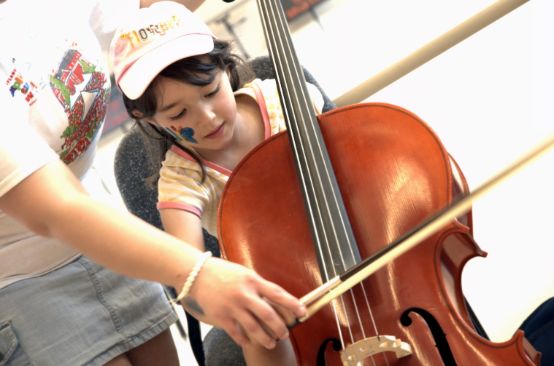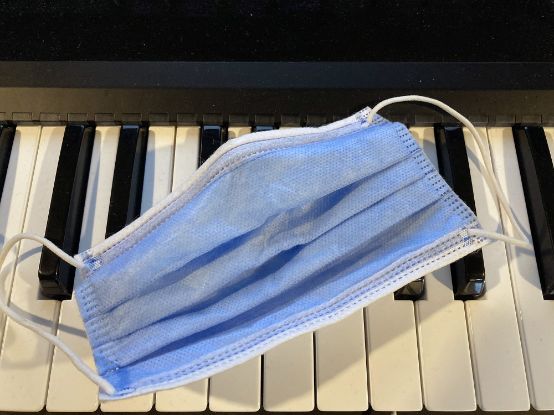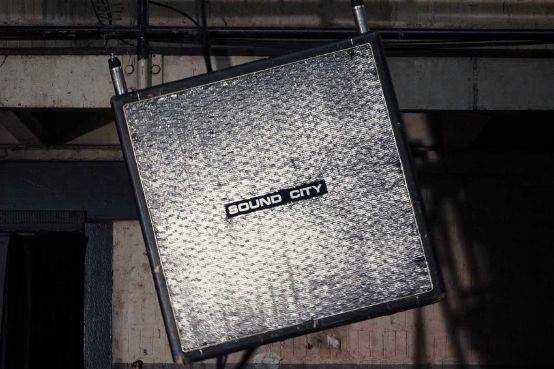How the Confederation supports musical training
The Swiss government has been supporting musical training for children and young people since 2012. In 2016, it will expand its measures and launch the new "Youth and Music" program.

For the past four years, the Confederation has been supporting music education on the basis of the Federal Act on the Promotion of Culture. The Confederation's remit was extended with the introduction of the new constitutional article 67a Cst (musical training), accepted by the people and cantons on September 23, 2012. 2016 sees the start of a new period of support.
In the new 2016-2020 period, existing measures to support musical training will be continued and expanded. Musicians' training courses, competitions and music festivals will receive increased support.
The main innovation is the introduction of the "Youth and Music" program, aimed at encouraging children and young people to take part in musical activities, and harmoniously promoting their development and self-fulfilment, from a triple educational, social and cultural perspective.
A new provision also requires music schools to offer all students and apprentices significantly lower tuition fees than adults, up to the end of secondary level II. They will also be required to offer gifted students, by virtue of the number of teaching units they will be required to take, rates that are lower than normal rates.
How much money is earmarked to support musical training? As part of the discussion on the 2016-2020 cultural message, Parliament approved an overall spending ceiling of CHF 17.3 million for the period. Of the CHF 3.5 million allocated on average each year, CHF 2.5 million is earmarked for the "Youth and Music" program.
Introduction of the "youth and music" (j+m) program
The program is based on three pillars: basic and advanced training for youth and music instructors, music courses and music camps.
- Basic and advanced training for youth and music instructors. The program trains instructors to teach music to children and young people in courses and camps, and to pass on the joy of music to them. j+m instructors are required to undergo regular further training. Their training is based on a multi-level module system. Aspiring instructors follow a basic module and modules in pedagogy and music.
- Music lessons. The program supports music courses for children and young people run by a certified j+m instructor. These courses must have at least ten lessons and be attended by at least five children or young people. Contributions per participant are set annually by the FOC, on the basis of fixed scales. The instructors themselves decide how to allocate these contributions (infrastructure, instructors' salaries, etc.), within the framework of pre-established ranges, thus ensuring that the funds are used as effectively as possible.
- Music camps. The program supports music camps for children and young people run by a certified j+m counsellor. These camps last between two and seven days and must be attended by at least ten children or young people. Contributions are also allocated on the basis of fixed rates. The camps must generally take place in Switzerland, to ensure a good cost/benefit ratio and maintain added value in Switzerland.
The plan is to introduce the program in stages. j+m instructor training will be offered from 2016, with music courses and music camps supported from 2017. Applications will be managed by an external agency, which the OFC has commissioned to implement the program. Following a public tender procedure, the mandate was awarded to Res Publica Consulting AG.
The conditions for participation in basic and advanced training, the criteria for supporting music courses and music camps, and other details are set out in the Federal Department of Home Affairs' support scheme, at the following address: www.bak.admin.ch/kulturschaffen/04250/04255/05057/index.html?lang=fr








